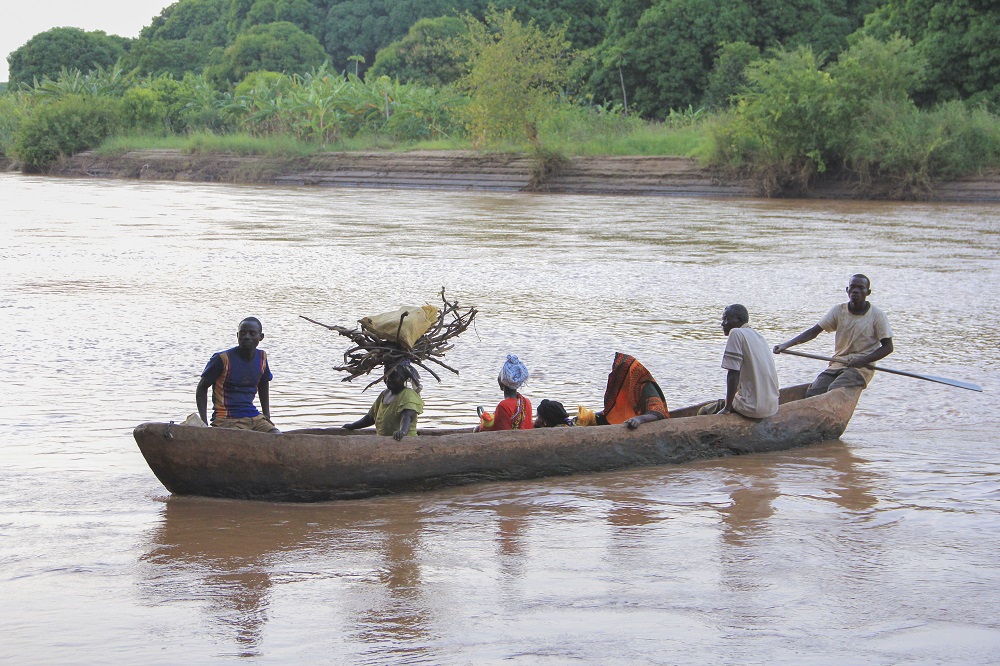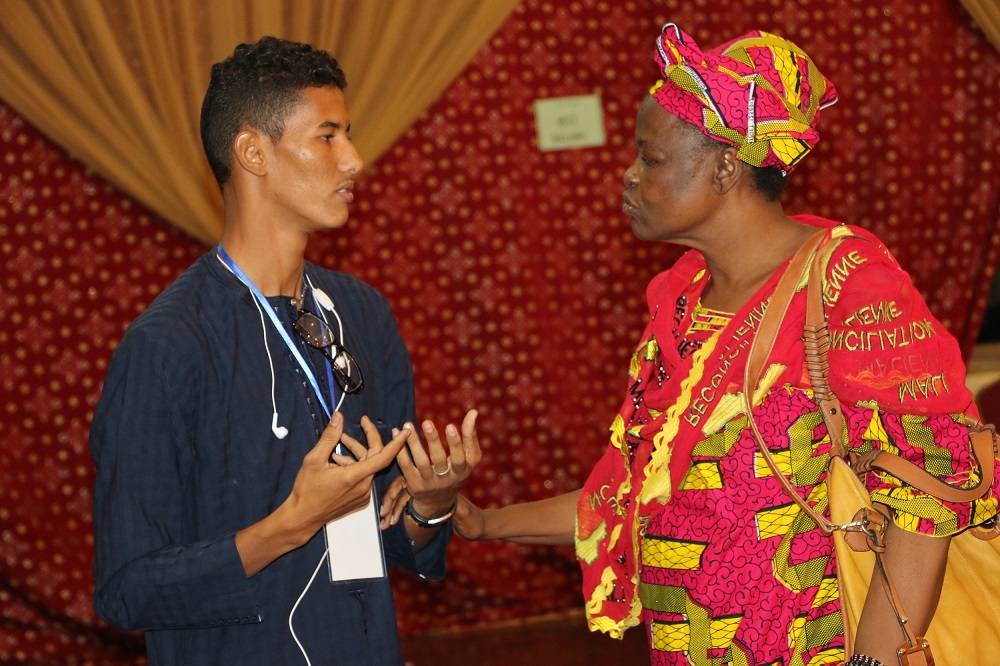Fostering Resilience for Peace – Launch of our latest Annual Report

In 2015, Interpeace worked in over 22 countries around the world, strengthening the capacities of societies to move towards greater peace. Firmly convinced that local ownership is a key element in peacebuilding processes, Interpeace has started to implement a resilience approach to peacebuilding programmes. From rebuilding trust and breaking barriers through innovative programming in Mali, to reducing violence by targeting structural causes in El Salvador, and fostering peace via positive transformation of violent youth groups in Côte d’Ivoire, Interpeace and its partner organizations have worked to identify and strengthen the capacities of societies, adapting our institutional principles to each context, in order to transform adversity into opportunity.
The Interpeace 2015 Annual Report, entitled Fostering Resilience for Peace, features highlights of every programme and reflects on how a resilience approach was a natural step in an organization that was founded on the conviction that peace cannot be imported, but must be built from within societies. As described by the Director-General of Interpeace, Scott M. Weber, “Resilience is not about the ability to ‘bounce back’ from tragedy, as this notion is so often misrepresented... ‘Resilience for Peace’, as we have come to frame the concept, is most importantly about the ability to transform one’s conditions so as to pen a different and more peaceful future.”
The Annual Report includes two substantive articles about how Interpeace has operationalized a resilience approach to peacebuilding through the Frameworks for Assessing Resilience programme, which was undertaken with the support of the Swedish Development Cooperation Agency (Sida) and was piloted in three different contexts: Liberia, Guatemala and Timor-Leste. The methods and approach proposed by the FAR Programme make peacebuilding more effective and sustainable by drawing on the attributes and assets of conflict-affected societies and communities themselves.
Learn more about Interpeace and our endeavors in 2015 here: Fostering Resilience for Peace.
























